EDITORIAL
The Challenges for ICT in Education
GUEST EDITORIAL
Education as a vehicle of happiness
INAUGURAL SESSION
Conclave of Global Leaders in Education
Industry Faces Challenge of Employability
Dr Theophilus Mooko, Deputy Permanent Secretary, Ministry of Education and Skills Development, Republic of Botswana
Bringing Diversity to the Classroom
Dr Pascal Chazot, Member of Parliament in France for French Overseas; President, National Commission of Employment and Training, France
Sri Lanka is Set to Become a Global Education Hub
Dr Sunil Nawaratne, Secretary, Ministry of Higher Education, Government of Sri Lanka
India’s Education Goals, Developments and Achievements
Shigeru Aoyagi, Director and UNESCO Representative to India, Bhutan, Maldives and Sri Lanka
Faculty Shortage is a Cause of Concern
Prof V S Ramamurthy, Director, National Institute of Advanced Studies (NIAS) and Former Secretary, Department of Science and Technology, Government of India
FOSTERING INNOVATION IN EDUCATION
Future Belongs to People with Original Ideas
Implementing Technology is Critical
Innovations for a Brighter Future
Education Sector Should be Open to Innovation and Change
Innovative Learning Solutions are Key to Better Learning
The Leaders of Change in Education
Inclusion and Excellence Should Go Hand in Hand
EXCELLENCE, INCLUSION and OUTREACH
Addressing Quality in Education
Technology can Serve Millions
Indian Talent should not go Waste
The Decade of Innovations
Open and Distance Learning is a Viable Solution for the Country
Blended Learning is not Blind Learning
TECHNOLOGY TOOLS FOR STUDENT COMPREHENSION
Technology Driven Classrooms
Technology to help Children Blossom
Tracking Performance of Students
The Alpha and Omega of Education
Improving Education through ICT
ASSISTIVE TECHNOLOGY AND LIFE SKILLS EDUCATION
Education for Life is Presidium’s Mantra
Smart Tools for Education
Assistive Technology to Help People with Disabilities
Making Life Easier
Emerging Landscape in Assistive Technology
Education Through Personal Touch
CREATING PERSONALISED LEARNING SPACE IN SCHOOLS
Paradigm Shift in Teaching
Personalised Learning has Many Challenges
Children have ‘Space’ but they don’t Know How to Use it
Shortcoming of Our Education System
Effective Learning Outcomes
Impact of IT on Modern Education
CONTEXTUAL EDUCATION PRACTICES
Addressing Challenges in Secondary School Education
Education for Sustainable Development
Educators Have to Provide Value Education to Students
Initiatives by the British Council
The Human Touch
Digital Education is a Game Changer in Rural Schools
TOOLS TO PROMOTE STUDENT ENGAGEMENT
Student Engagement is Key to Progress in Learning
Active 3D to Help Students Understand Better
An Organic Shift in the Education Process
Teachers Should Trigger the Sense of Curiosity
Blended Learning: The New Horizon
Focus on Concepts, Skills will Follow
EXPLORING NEW FRONTIERS AND INNOVATIONS IN TEACHER EDUCATION
Teachers are the ‘Fulcrum’ of Education
Need for Immense Innovation in Teacher Education
Creating Better Educational Environment for Dyslexic Children
Co-operative Learning Helps the Children Learn life Skills
INNOVATION IN UNIVERSITIES
Web Based System for Addressing Skills Shortage
Why are We Lagging Behind?
CORPORATE DIARY
Navyug Mohnot, CEO, QAI
“For Profit Organisations” Must Be Allowed in the Education Space
CREATING OPPORTUNITIES THROUGH STRATEGIC INVESTMENTS
Reforms in Medical Education Opportunities and Challenges
Is the Business Capable of Growing?
Public Private Partnerships are Much Needed
Challenges of Finding Investors
3Ps of Investment
PRE SCHOOLS
Happy Children Make a Great Country
Poor Health Conditions cannot Lead to Healthy Students
Zero Pressure of Learning
Changing Principles of Pre Schools
Guarding the Health of Children for a Bright Future
EMERGING TRENDS IN HIGHER EDUCATION AND ASSESSMENTS
Skill Development is a National Priority
Proper System is Needed to Liberalise Education
Online Exams are Safer than Pen and Paper
Assessment in Higher Education is Tough
India Needs Fresh Thinking to Boost Higher Education
Achieving Global Standards in Education
Higher Education Needs to Align Itself with Industry
VOCATIONALISING EDUCATION AND SKILL DEVELOPMENT
The Ailments in Indian Vocational Education
Our Universities Need Quality Research Facilities
TECHNOLOGY ENABLED CAMPUS INFRASTRUCTURE
Access, Equity and Quality in Education
Taking Indian Education to New Heights
Meta-university will Promote Effective Learning
Awareness is the Biggest Ailment of Higher Education
CONFERENCE CORNER
LEVERAGING PRIVATE SECTOR FOR EDUCATION
Private Sector Participation in Education Has to be Encouraged
Faculty Must be Empowered for Reaching out to the Students
Enabling Children to Learn
Every Citizen has the Right to Acquire Education
Children can Create Great Content
SPECIAL FEATURE
Revolutionising Education through Skills Development in Schools
Dr Haresh Tank, Director, Station-eLanguage Lab
NIIT Nguru’s Interactive Classrooms @ Home
GUEST ARTICLE
Teachers are the Backbone of Education System
Veena Raizada, Director Academics, Next Education India Pvt Ltd
PRODUCT LAUNCH
Pearson Launches Screening Test for Dyslexia to Empower School Teachers
ACADEMIA SPEAK
We hope to improve the overall standard of education in the neglected sections of society
Dr Sanjay B Choradia, CMD, Suryadutta Group of Institutions
GUEST ARTICLE
Applying Evaluation to Improve Learning Outcomes Scaling up to Small Schools to a Million Students
 The bench directed CBSE and ICSE boards to enforce a condition for continued affiliation, payment of salary provisionally at the rate of Rs 10,000 per month for primary teachers’, Rs 15,000 for high school teachers and Rs 20,000 for higher secondary teachers.
The bench directed CBSE and ICSE boards to enforce a condition for continued affiliation, payment of salary provisionally at the rate of Rs 10,000 per month for primary teachers’, Rs 15,000 for high school teachers and Rs 20,000 for higher secondary teachers.







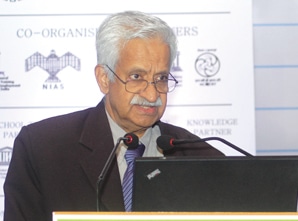


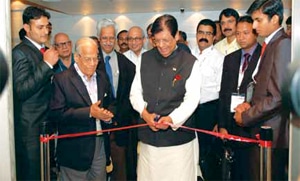
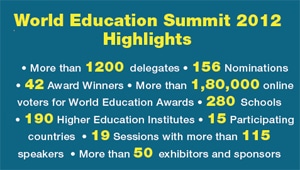 The event witnessed the largest gathering of education leaders from across the globe. The summit witnessed engrossing deliberations on a range of issues related to the education sector in India. The most of the eminent names in the educational eco-system were there to present their views.
The event witnessed the largest gathering of education leaders from across the globe. The summit witnessed engrossing deliberations on a range of issues related to the education sector in India. The most of the eminent names in the educational eco-system were there to present their views.


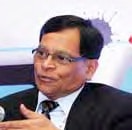
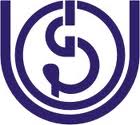
 With a three-day workshop on research methodology for its faculty inaugurated on Wednesday, the Indira Gandhi National Open University (IGNOU) will be focusing more on research activities, officials said.
With a three-day workshop on research methodology for its faculty inaugurated on Wednesday, the Indira Gandhi National Open University (IGNOU) will be focusing more on research activities, officials said.
 Taking a serious note of “acute shortage of qualified teachers” in primary schools across Uttar Pradesh, the Allahabad high court on Tuesday directed the state government to publish an advertisement for appointment of the same without any further delay.
Taking a serious note of “acute shortage of qualified teachers” in primary schools across Uttar Pradesh, the Allahabad high court on Tuesday directed the state government to publish an advertisement for appointment of the same without any further delay.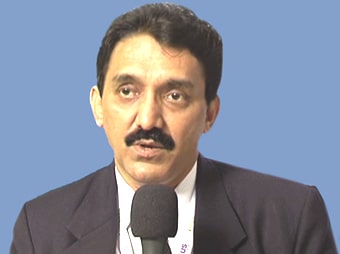
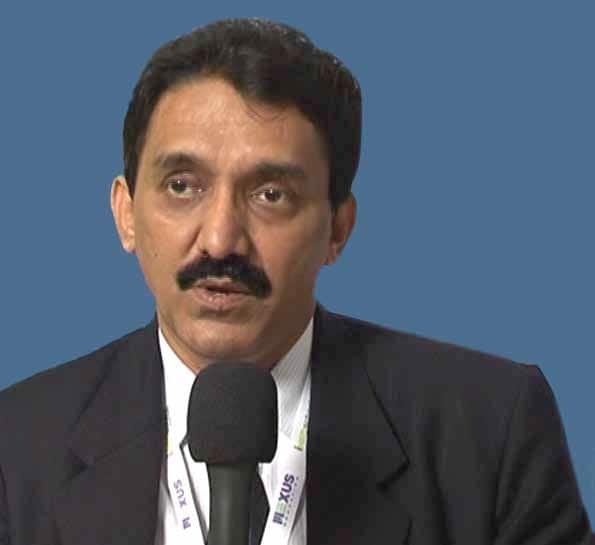 A distinguished educationist, who has made exemplary contribution in the field of education, Dr Sanjay B Choradia, CMD, Suryadutta Group of Institutions, has plans to use education as a tool for empowering the disadvantaged sections of the society. In this interview, Choradia shares his passion to create a knowledge society
A distinguished educationist, who has made exemplary contribution in the field of education, Dr Sanjay B Choradia, CMD, Suryadutta Group of Institutions, has plans to use education as a tool for empowering the disadvantaged sections of the society. In this interview, Choradia shares his passion to create a knowledge society











